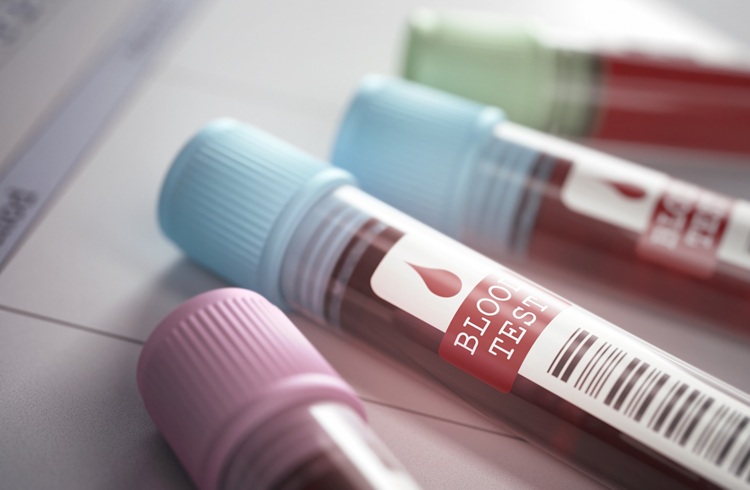Simple Blood Test Diagnoses Asthma and Determines Severity
Posted on 16 Jan 2025
Currently, diagnosing asthma requires advanced breathing tests, typically available only at specialized centers, which can be challenging for young children. While existing treatments like inhaled steroids and bronchodilators are effective for many patients, the disease remains poorly controlled for others. Now, a simple blood test could diagnose asthma as well as assess its severity, representing a breakthrough that could revolutionize how the disease is identified and monitored.
Researchers at Rutgers Health (New Brunswick, NJ, USA) have discovered that individuals with asthma have significantly higher levels of a molecule called cyclic adenosine monophosphate (cAMP) in their blood, sometimes up to 1,000 times higher than in individuals without asthma. The team analyzed blood samples from 87 asthma patients and 273 people without asthma, finding consistently elevated cAMP levels in asthma patients that were linked to disease severity. This discovery could provide doctors with a new tool for monitoring patient conditions. Published in the Journal of Clinical Investigation, the finding has important implications for asthma management, especially in urban areas where asthma prevalence is higher. Beyond diagnosis, understanding the cAMP transporter mechanism could open doors to new therapeutic strategies. Current asthma medications, like albuterol, increase cAMP levels in airway smooth muscle cells, causing them to relax and allowing airways to open. By targeting the newly identified transporter, future treatments could help maintain cAMP levels, potentially enhancing the effectiveness of existing medications.

The next phase of research will involve studying larger patient groups to better understand how cAMP levels relate to various asthma subtypes. The researchers plan to analyze data from hundreds or thousands of patients to identify those with the highest cAMP levels and examine how that affects their asthma, potentially leading to more personalized treatment strategies. This blood test development could enable doctors to better identify patients who need more intensive treatment and more accurately monitor their response to therapy. The team is collaborating with companies to create a point-of-care test for use in doctors' offices. Their initial efforts to design a simple lateral flow device, similar to a pregnancy test, lacked sufficient sensitivity, but the team is now exploring more sensitive fluorescent markers.
"It's really difficult to do lung function tests in kids under the age of 5," said Reynold Panettieri, one of the study's senior authors and vice chancellor for Translational Medicine and Science at Rutgers University. "However, our data suggests that if you just did a pinprick, maybe you could diagnose kids who can’t access or do lung function tests. We would anticipate maybe in the next six months, we'll have nailed the fidelity of it, get it into our intellectual property and patent the test itself, and then in a year to two, it could become available."













